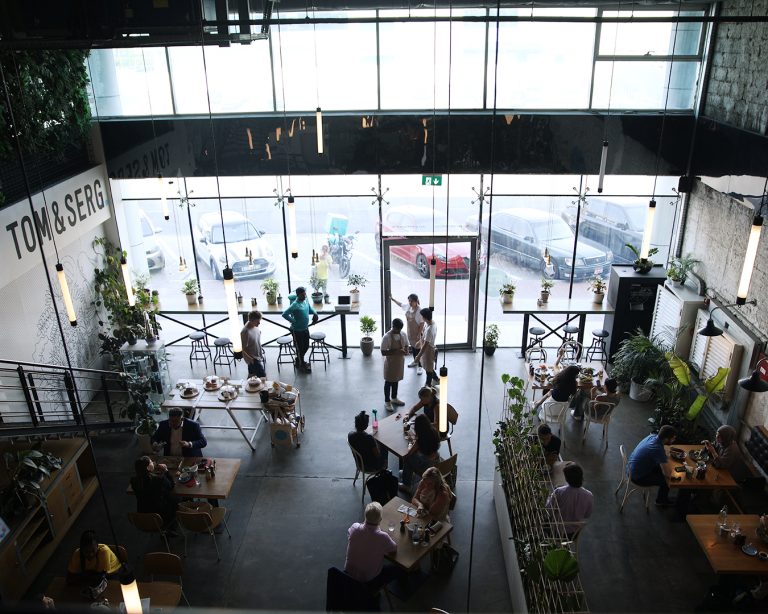Logistics property primed as isolation measures increase

Logistics property has kept its status as an investment darling as distribution centres play a crucial role in distributing goods to strapped supermarkets and direct to house-bound customers.
The availability of online shopping, e-commerce and delivery services at a time when governments globally are spruiking self-isolation and social distancing has pushed the unglamorous warehouses to the forefront.
But the sector could face challenges as international trade slows in the coming months and companies are more reluctant to commit to new space as their operations come under pressure.
JLL’s Sass J-Baleh says the tug- of-war between consumer spending and economic uncertainty could see industrial occupier demand hold steady, with neither great falls or increases.
“I don’t think this (coronavirus concerns) will necessarily translate into increase in tenant demand as this is most likely to be offset from a weakening economy (overall consumer spending decreasing) which, in turn, creates uncertainty for businesses to make expansionary decisions,” J-Baleh says. “Also, a decrease in overall consumer expenditure will affect discretionary retail trade, which is also linked to retailers that occupy industrial space.”
Essential service retailers in the food and medical fields will benefit from an uplift spurred by the pandemic. However, a significant fall in export and import levels, shown through container trade movements, means less demand for transport and logistics companies.
Property consultancy m3property reckons that some e-commerce and third-party logistics providers may need to expand as they deal with consumers online ordering to avoid public spaces. “The risks posed by COVID-19 and the impact on economic output is yet unknown; however, if the shopping habits of customers shift to avoiding public places, then the logistics operators in the e-commerce and third-party logistics last mile space may see increased demand during this period and beyond,” m3property director of industrial Daniel McGrath says.
“We are already seeing the development of a trend where some consumers are avoiding public spaces and that includes shopping centres … this reluctance to attend crowded spaces seems likely to grow at least in the short to medium term,’’ McGrath says.
M3property says as demand for online shopping increases it will spark demand for e-commerce-aligned warehousing and transport businesses.
McGrath says the shift in consumer behaviour could permanently change online buying habits, potentially driving a more rapid take-up of online buying.
“Such a change will ultimately have a lasting impact on e-commerce-related property market values as a result of increased competition from investors,’’ McGrath says.
– with Ben Wilmot
This article originally appeared on www.theaustralian.com.au/property.







